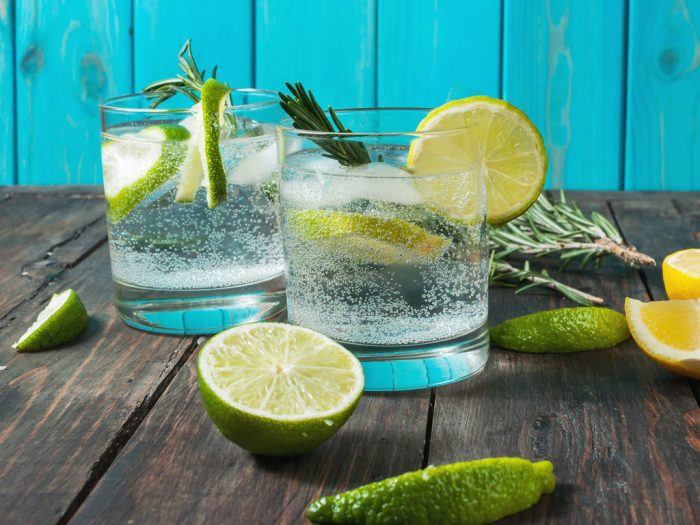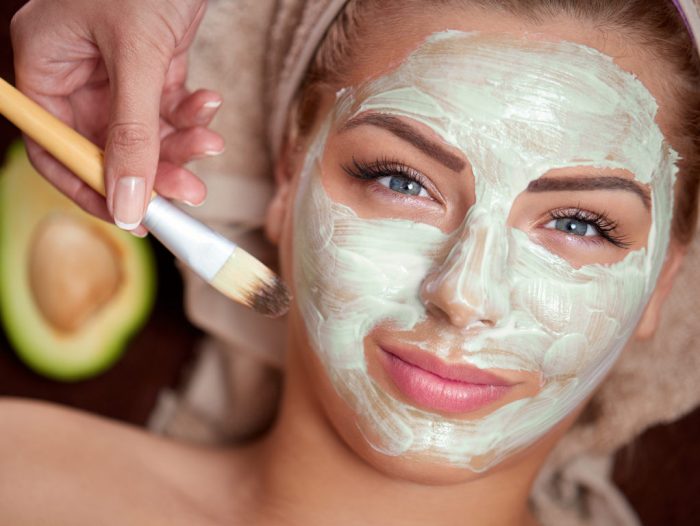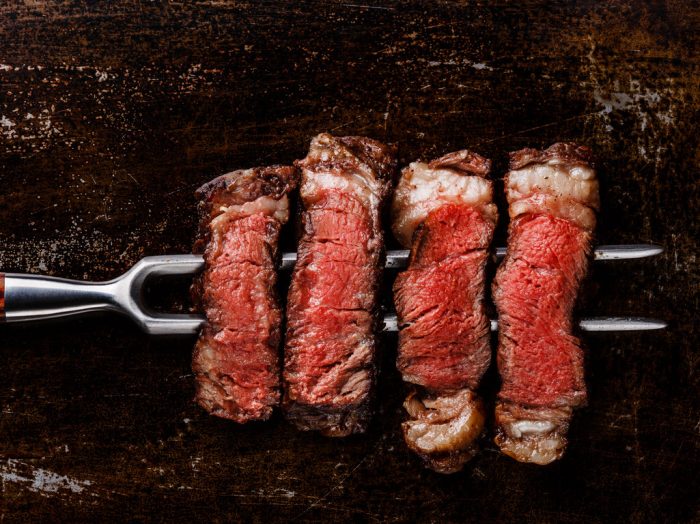Lay off beers and ciders this spring and summer, and choose something else, if you have trouble breathing. According to new data, gin and vodka help with hay fever symptoms. So, make yourself a martini or a gin and tonic and enjoy breathing!
Hay fever or allergic rhinitis is a huge bummer, especially during the summer. Walking anywhere near plant pollen can have an aggressive effect on your body and especially your respiratory system. But according to the people at Asthma UK charity, clear spirits like gin and vodka help with hay fever and can curb the symptoms that leave you worse for wear.
Why gin and vodka help with hay fever
Less sneezing, less mucus, and more general well-being. Why is that? Because beers and ciders, things a lot of us drink to cool us off during the summer, can worsen the symptoms of hay fever and asthma. This happens because of their fermentation process they’re made with. Also, they have a higher concentration of histamines in both of these alcoholic drinks and summertime, heatwave favorites.
Histamines are organic nitrogenous compounds that have a hand in local responses of the immune system. They also regulate physiological function in the gut and act as a neurotransmitter for your brain, spinal cord, and uterus. Histamines are involved in the inflammatory response your body has to certain stimuli and they also have a central role as a mediator of itching. Because of them, you might have types of allergic reactions, including hay fever. Because of them you sometimes feel like you’re suffocating and your eyes well up with tears. That’s why plant pollen tends to irritate your eyes and your nose.
A martini, shaken, not stirred?
So, even if you really love beer and cider (I particularly have affection in my heart for the latter, but not enough to keep sneezing AND crying when I’m having a drink in a beautiful garden or park), just set them aside. Or try at least to reduce your intake.
Gin also doesn’t contain sulfites, a group of compounds known to provoke asthma and other symptoms commonly associated with allergies.
Of course, no matter the type of alcohol you choose, you should drink in moderation, because it’s not the healthiest things in the world. So, don’t overdo it with the gin and you should be just time.
In regard to asthma and alcohol
Asthma UK says that according to a recent survey they conducted, about 75 percent of asthma sufferers find that alcohol triggers their symptoms. Red wine is the biggest villain in this, followed by white wine, then beer and cider. Famous comedy actor Stephen Fry finds that even champagne triggers some symptoms. “I have to make sure that I avoid too much champagne because it triggers my asthma symptoms. Champagne can leave a lot of people feeling poorly the next day, but for me it is far more serious because it could trigger a potentially fatal asthma attack,” he said.
As for sulfites, between 3 percent and 10 percent of people with asthma are sensitive to them, and symptoms can vary from mild wheezing to a potentially life-threatening asthma attack.
If you’re curious about your own sensitivity, you can do a little experiment. Try drinking a little and see what, if any, symptoms you have. Try separate drinks at separate times and find out which ones don’t make you sick and affect the quality of your life. But once again, don’t overdo it! And do the experiments with tiny sips and on different days, so that you don’t get drunk and lose track of the results anyway.






